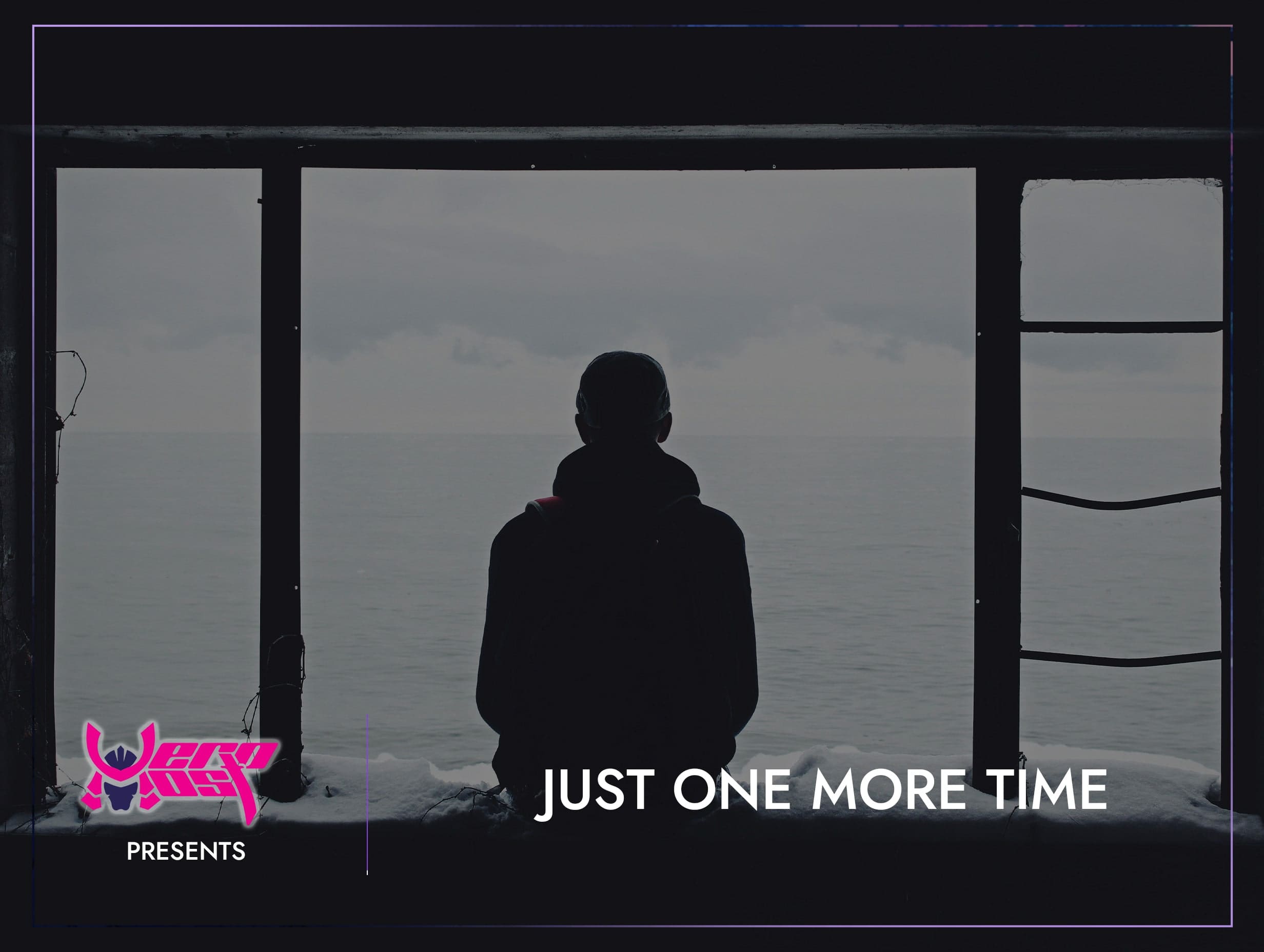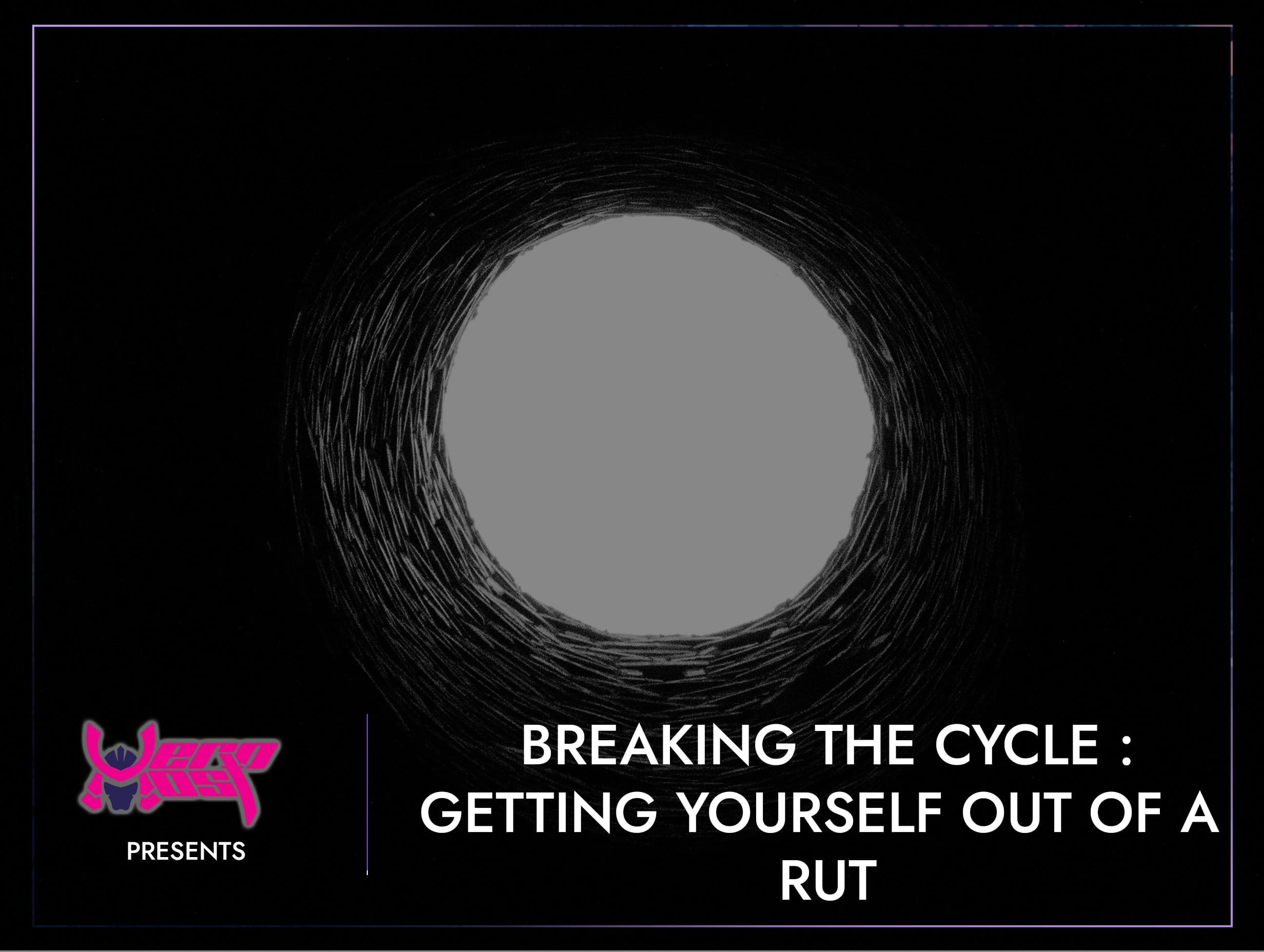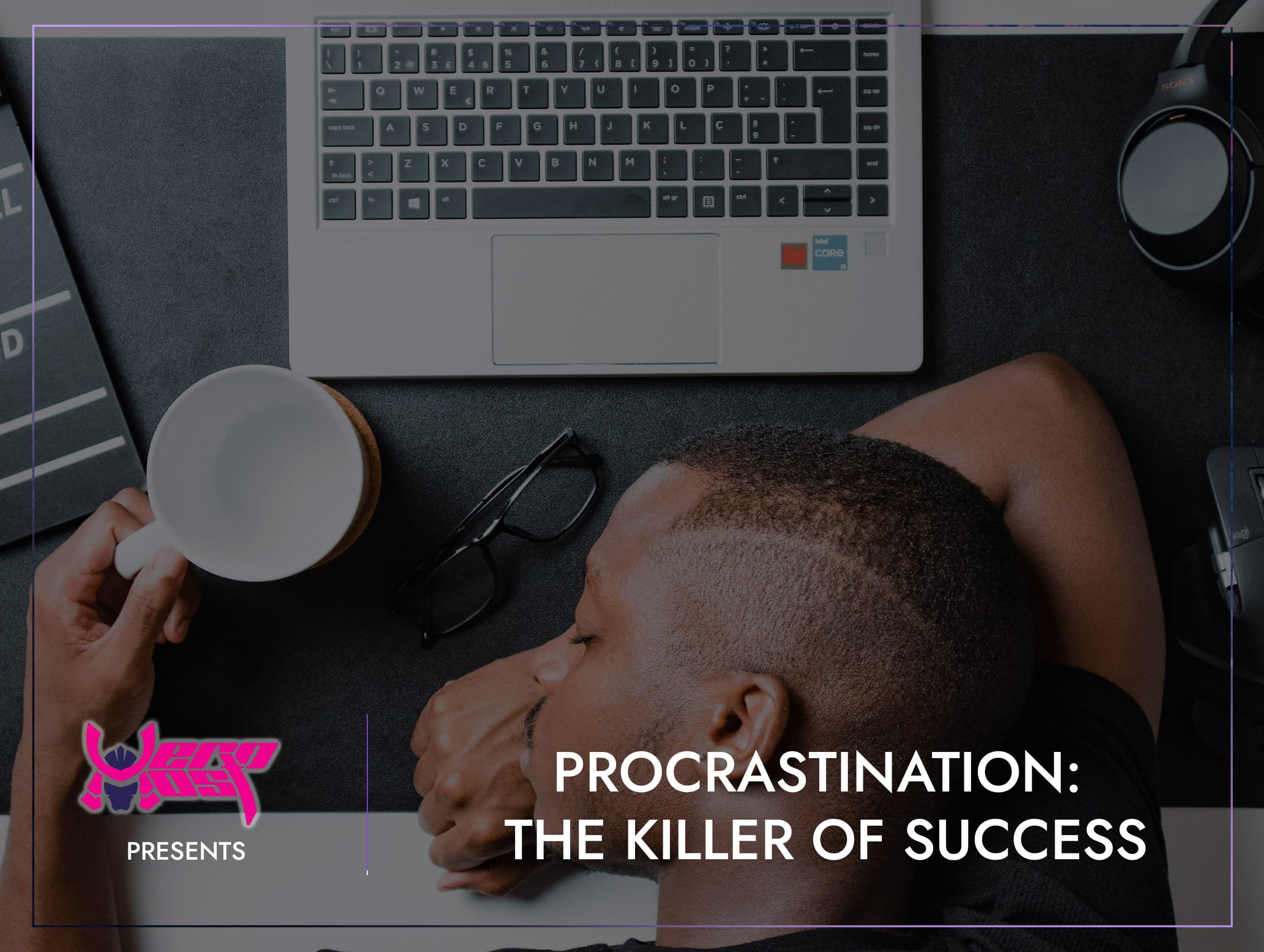Just One More Time
- Home
- Lessons From Asia
- Just One More Time

- Mikey Ryu
- May 15, 2024
- 0
Just One More Time
In the face of life’s inevitable challenges and setbacks, the Japanese proverb “Nana korobi ya oki” (七転び八起き), meaning “fall seven times, stand up eight,” serves as a beacon of resilience and perseverance. This ancient wisdom, deeply ingrained in Japanese culture, teaches us that success is not measured by the absence of failures but by our capacity to rise each time we fall. Through examining how this theme is represented in various aspects of life—from martial arts to modern anime, and its practical application in our daily routines—this blog explores the profound impact of embracing continual effort and the transformative power of resilience.
Fall Seven Times, Stand Up Eight
The Japanese proverb “Nana korobi ya oki” (七転び八起き), which translates to “fall seven times, stand up eight,” encapsulates a powerful philosophy on resilience and perseverance. This proverb is a cornerstone of Japanese thought and profoundly illustrates the importance of perseverance in everyday life.
Understanding the Proverb
At its core, this proverb teaches that the path to success is inevitably filled with obstacles, failures, and setbacks. The numeral “seven” symbolises numerous hardships, implying that setbacks are numerous and expected. The act of standing up “eight” times symbolises the perseverance to exceed every challenge faced, underscoring the idea that one should always strive to rise one more time than they have fallen.
Perseverance in Everyday Life
The concept of perseverance conveyed by this proverb is universally applicable across various aspects of daily life:
- In Personal Development: Personal growth often involves venturing out of comfort zones and facing the risk of failure. Whether it’s learning a new skill, improving physical fitness, or advancing educational goals, setbacks are part of the journey. Embracing the spirit of “fall seven times, stand up eight” encourages an attitude of resilience, ensuring that each failure becomes a step towards greater personal achievement.
- In Professional Environments: In the workplace, challenges such as meeting deadlines, achieving targets, or navigating team dynamics can sometimes lead to setbacks. Adopting this perseverance philosophy helps professionals view each setback as an opportunity for learning and growth, enabling them to innovate, improve, and eventually succeed.
- In Relationships: Maintaining healthy relationships requires effort, patience, and often, a degree of resilience. Misunderstandings, disagreements, and conflicts are natural, but the willingness to ‘stand up’ and try again, to resolve issues, and to continually invest in relationships can lead to deeper and more meaningful connections.
- In Facing Life’s Larger Challenges: Life can present significant challenges, such as dealing with loss, facing health issues, or undergoing financial stress. The proverb’s message fosters courage and persistence, qualities essential for navigating these profound challenges and moving forward despite them.
The Role of Perseverance
The significance of this proverb lies in its universal appeal and adaptability. It encourages a proactive response to life’s challenges. Perseverance isn’t just about enduring hardships; it’s about actively engaging with them, learning from them, and using them as a foundation to build a stronger, more resilient self. It teaches that while falls are inevitable, the decision to rise is a powerful testament to human strength and resilience.
In essence, “fall seven times, stand up eight” is more than just a proverb—it’s a philosophy for life. It reminds us that the key to success and fulfillment lies not in never falling, but in rising each time we fall, ready to face whatever comes next with increased strength and wisdom. This mindset can transform the way we approach every aspect of our lives, imbuing us with the perseverance necessary to achieve our fullest potential.
Where We See This Theme:
Martial Arts:
In Japanese martial arts, the idea of perseverance and striving forward despite setbacks is a central theme. This concept is deeply embedded in practices such as Judo, Karate, and Kendo, where the philosophy of “fall seven times, stand up eight” (七転び八起き) is taught as a way of life. This philosophy not only applies to physical training but also to personal development and overcoming life’s challenges. Martial arts trainees are often encouraged to view each failure as a step towards mastery, emphasising the importance of resilience and continuous improvement. The rigorous training regimes and the mental discipline required in these arts reflect the broader Japanese cultural emphasis on endurance and perseverance as pathways to achieving greatness.
Anime and Manga:
“Re: Zero – Starting Life in Another World” is a poignant example of the theme of perseverance in anime and manga. The series follows Subaru Natsuki, a young man who suddenly finds himself transported to another world. He discovers that he has the ability to return from death, restarting at a set point in the past with the memory of the events that led to his demise. Each return from death represents a brutal trial-and-error learning process where Subaru is forced to confront his weaknesses and failures head-on.
This narrative arc mirrors the Japanese cultural ethos of perseverance, as Subaru’s journey is fraught with psychological and physical challenges that he must overcome by trying repeatedly, even in the face of despair. His repeated attempts to change his fate underscore the theme of resilience and the idea that enduring hardship can lead to growth and improvement. “Re: Zero” vividly illustrates how continuous effort and the willingness to stand up after each fall are crucial in the path toward achieving one’s goals, making it a compelling study of this theme within the medium of anime.
These examples from martial arts and anime not only entertain and educate but also inspire us by demonstrating that perseverance and the willingness to “try one more time” can lead to profound transformations both internally and in the world around us.
How We Can Apply This to Our Life
The principle of perseverance demonstrated in martial arts and depicted in anime like “Re: Zero” is not just a cultural ethos but a practical strategy that can be integrated into our daily lives. Here are some actionable points to help you bring this principle of “trying one more time” into your own life:
Set Clear Goals:
Begin by setting clear and achievable goals. Whether they are related to your career, personal development, or hobbies, having specific targets to aim for will give you a sense of direction and a benchmark against which to measure your progress and resilience.
Embrace Failures as Learning Opportunities:
Just as Subaru from “Re: Zero” learns from each return from death, try to view each setback as an essential part of the learning process. Analyse what went wrong and why, and use these insights to refine your strategies and approaches. This mindset shift—from seeing failure as a blockade to viewing it as a stepping-stone—can significantly enhance your resilience.
Develop a Routine of Reflective Practice:
Incorporate regular reflection into your routine, much like the disciplined practice seen in martial arts. Reflective practice can involve journaling your experiences, meditating on your progress and setbacks, or even discussing your day with a friend or mentor. This helps in crystallising lessons learned and reinforcing intentions to persevere.
Seek Feedback and Guidance:
Just as martial artists learn from masters, seek guidance and constructive feedback from those who are more experienced. This could be a mentor in a professional field, a coach in a sport, or anyone who has navigated similar challenges. Feedback is invaluable for learning and for adjusting your approach to be more effective.
Maintain Physical and Mental Health:
Persistent effort is demanding. Maintain your physical and mental health to ensure that you have the energy and mental clarity needed to face challenges. This can include regular exercise, a healthy diet, sufficient sleep, and mindfulness practices, which all contribute to a stronger, more resilient state of being.
Celebrate Small Victories:
Every step forward, no matter how small, is progress. Celebrate your small victories as these are the building blocks of major achievements. This not only boosts your morale but also reinforces your commitment to persevere. Recognise the growth in each success and each failure alike.
Stay Flexible and Adapt:
Just as Subaru adjusts his actions with each new life, be prepared to adapt your methods and strategies as circumstances change. Flexibility allows you to respond more effectively to obstacles and setbacks, turning potential failures into opportunities for growth.
By integrating these strategies into your daily life, you can cultivate a strong sense of perseverance and resilience that mirrors the enduring spirit seen in both traditional Japanese martial arts and modern narratives like “Re: Zero”. This approach not only enriches your personal and professional development but also prepares you to navigate life’s ups and downs more effectively.
The essence of the proverb “fall seven times, stand up eight” transcends cultural boundaries and offers a universal blueprint for resilience. As explored through the lens of martial arts, the narrative of “Re: Zero,” and practical life applications, this philosophy not only empowers us to handle personal, professional, and relational challenges but also encourages us to view each setback as an opportunity for growth. By adopting this mindset, we can foster a spirit of perseverance that is crucial for navigating the complexities of life. The journey of falling and rising shapes our character and fortifies our resolve, teaching us that true strength lies in our ability to persevere, no matter the number of falls we endure. Embracing this approach ensures that each time we fall, we stand up stronger, wiser, and more prepared to face the next challenge.
Remember Your goal could only be “one more try” away.
Search
Categorys
- Branding (12)
- Business Growth Guides (3)
- Business Insights (3)
- Content Marketing (43)
- Domain Authority (19)
- Email Marketing (28)
- Google Analytics & Search Console (5)
- Hack or Not (2)
- Hero Host News (0)
- Inbound Marketing (32)
- Lessons From Asia (40)
- Marketing Guides (11)
- Martial Arts Journey (14)
- Outbound Marketing (8)
- Search Engine Optimisation (SEO) (41)
- Social Media Marketing (38)
- Web Design (20)
- Website Hosting (4)
- Wordpress (2)






